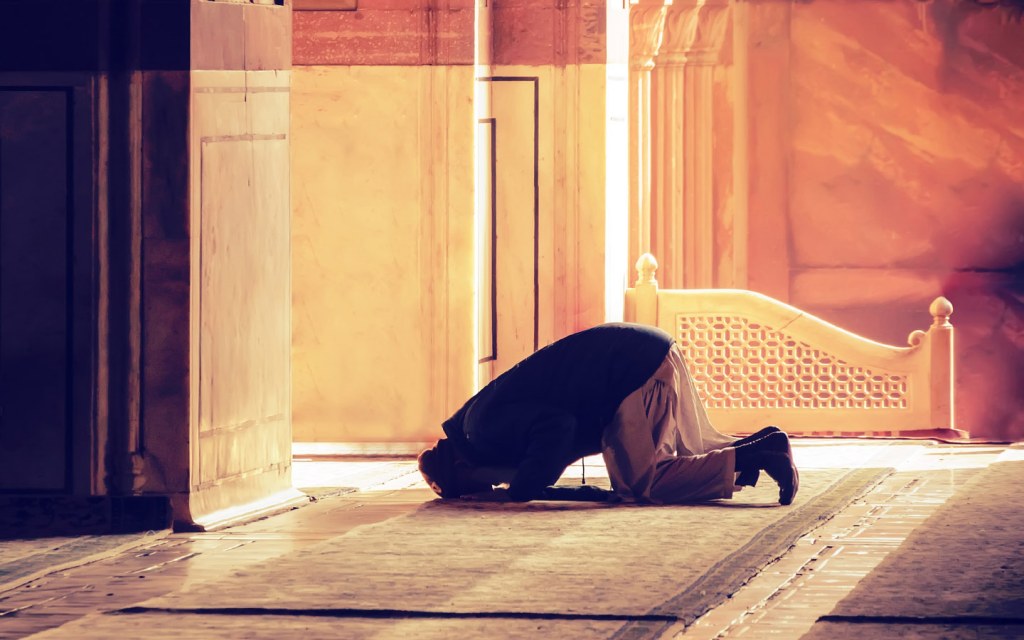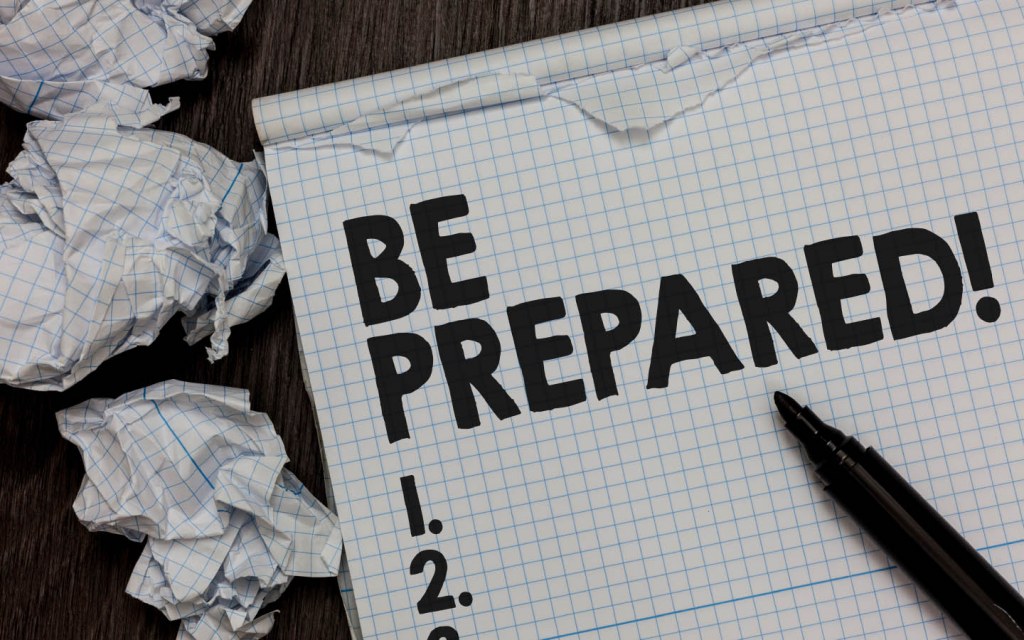The blessed month of Ramadan is finally here! Billions of Muslims across the globe observe this holy month by fasting from dawn to dusk while spending the majority of time in prayers and introspection. Ramadan rewards us for our sacrifices and teaches us to care for others. But if you fail to overcome fasting fatigue, you will find it hard to stay active during this period. Your suhoor and iftar meals must incorporate healthy meals so you can feel less tired during Ramadan.
Fasting for the whole day can be a challenging experience for some, depending on their lifestyle and health. Fasting fatigue and dehydration are two of the most common problems people face during this month. One of the most important ways to stay healthy during this month is to consume enough water during suhoor and drink as many fluids as possible to make up for any fluid loss in the iftar. Moreover, you must try to avoid oil-rich foods.
Here are a few more ways you can overcome fasting fatigue and prevent dehydration during fasting to enjoy a peaceful Ramadan 2022.
The Importance of Balance
It is crucial to keep everything balanced. Since our body gets deprived of several nutrients while fasting, it is important that you keep your suhoor and iftar meals as healthy as possible.
Contrary to popular belief, fasting and fitness can work together. Don’t skip your gym class or avoid exercise as long as you don’t overdo your routines or you will end up with stiffened joints every morning.

The key is to include all key nutrients in your diet in the form of carbohydrates, good fats, protein, vitamins, and minerals while doing some light exercise in the evening. Cardio workouts help maintain a good blood flow throughout the body and you will feel less tired during Ramadan.
Avoid excessive salt or fat for Suhoor and iftar meals. Food experts recommend eating slow-digesting foods that are rich in fibre and protein. Some healthy choices include whole-wheat bread, brown rice, barley, and oats. Make your after-iftar meals rich in dairy to include natural fats, vegetables, and some form of protein such as fish or meat.
There are a few more simple things you can do to maintain your energy levels so you don’t end up feeling tired after fasting.
Take small breaks from work to avoid stress. Jot down a to-do list every day. Make sure you check off at least half the items on the list by mid-day to avoid working later than your usual shift. Small steps like these go a long way to help you become more productive and overcome fasting fatigue.
For most people, one of the main reasons for feeling tired after fasting or in the afternoon is lack of sleep. Ramadan is a good time for night owls to fix their sleep routine. Try to sleep as early as possible so you can wake up at the right time for the Tahajjud prayer and a good pre-dawn meal.
Fatigue is our body’s way of signalling to the brain that we need rest, both mentally and physically. If you stay up all night before Suhoor, you are definitely going to experience headaches and hunger pangs throughout the day. Naturally, you will end up feeling tired after fasting.
Eat Consciously
Do you remember what you ate last night? If you are struggling for answers, you’re not the only one. Most of us are guilty of eating with the television on, or while being glued to our phones.
Researchers have found eating while using your phone or watching TV makes it difficult for the human mind to keep track of what you are eating. The end result includes overeating or a slower metabolism rate. Food experts also warn against eating when you are tired or sleepy. That’s because you chew too fast and too much, without realizing what you are eating.
Ramadan is the perfect time to take a closer look at your eating habits and lifestyle. Put a little planning and apply accurate knowledge to overcome fatigue during fasting. Avoid starch and sugar-loaded meals as much as possible.
Stay Busy

If you plan how you will use your time in Ramadan, you will focus less on its challenges. Make sure you plan your day well and spend quality time with your friends and family. Focus on completing all work-related tasks before Iftar and help others accomplish their tasks. Not only will you be rewarded for your deeds but you are also going to feel great about yourself.
Improve Your Breathing
Another important piece of advice to overcome fasting fatigue the natural way is to practice deep breathing. While it is easy to learn, many of us forget how to breathe properly to inhale maximum oxygen.
Tips for Practicing Good Breathing
To breathe the right way, you should:
- Breathe deeply through your nose
- Use your diaphragm
- Practice slower breathing
Good breathing is important because it affects the quality of oxygen we put into our system. It also determines how we expel carbon dioxide. People who are prone to shallow breathing are easily tired and experience mental and physical fatigue.
If we don’t breathe the right way, less oxygen will reach our brain and heart cells. This implies that we will find it difficult to perform at an optimal level. It is important to synchronize all activities with deep breathing by the time it becomes second nature.
Exercise
Exercise benefits people who frequently forget to breathe deeply. Since, working out is one of the best ways to prompt our body to breathe deeper, a quick exercise workout or a brisk walk is enough to give a quick boost of energy. Make sure you incorporate some mild form of exercise this Ramadan to benefit from the many benefits of physical activity. A short walk after Suhoor and Iftar meals can recharge your tired body and reduce fatigue in Ramadan.

Choose Water over Caffeine
Some people dread missing the 10 am coffee or tea during Ramadan. The truth is Ramadan gives you a great opportunity to reduce your daily caffeine intake. You are going to bear the side effects only for a few days until they begin to subside as your body becomes accustomed to the Ramadan morning routine. But you need to hydrate yourself more and that’s one of the reasons why you should have more water to overcome fasting fatigue.
Learn to Sacrifice
Fasting teaches us to empathize with our fellow human beings who can’t enjoy the same luxuries of life that we do. When we become grateful for our daily blessings, we are less likely to experience negative emotions such as lethargy and unexplainable fatigue. Moreover, stick to a well-balanced diet enriched with fruits, vegetables, milk and yoghurt.
If you want to put an end to feeling tired after fasting, one of the best things to do is to choose baking or grilling over frying. You will be amazed to see the difference it makes to avoid fatigue during Ramadan.
To learn more about Ramadan in Pakistan, please check out the following blogs:
- Top Ramadan Mobile Apps Available In Pakistan
- How to Stay Hydrated During Ramadan?
- The Best Sehri and Iftar Deals in Lahore for Ramadan 2022
- Best Sehri and Iftar Deals in Islamabad for Ramadan 2022
- Ramadan Buffet in Karachi You Just Can’t Afford To Miss
Stay connected to Zameen Blog for more informational guides on Ramadan. You can also write to us at blog@zameen.com.



